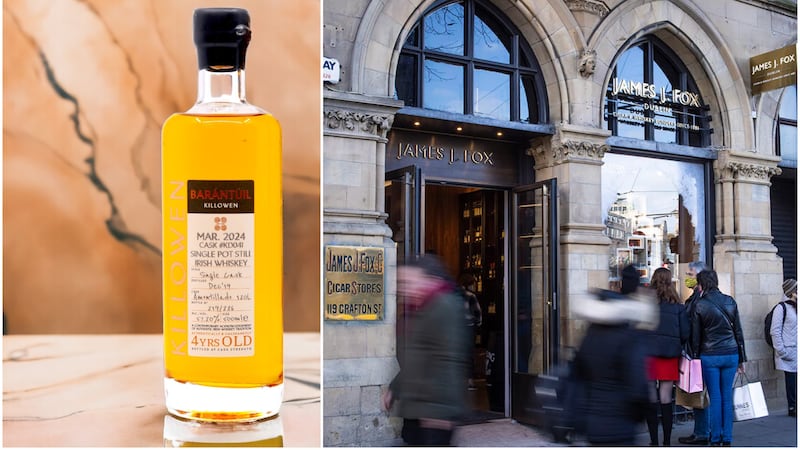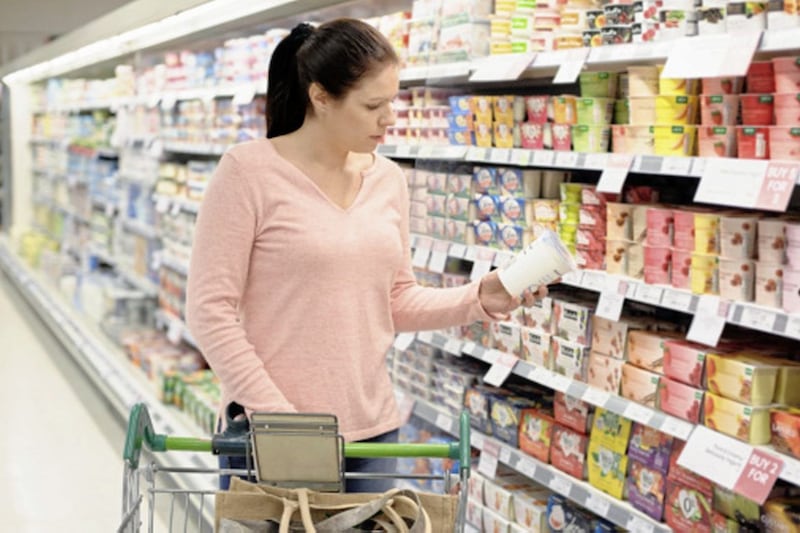SHOP PRICES have fallen at their shallowest rate for over three and a half years, with the weak sterling and rising costs taking its toll at the till.
Overall shop prices in June were down 0.3 per cent year-on-year, the shallowest deflation rate since November 2013, according to the latest British Retail Consortium-Nielsen Shop Price Index.
Meanwhile food prices increased on average by 1.4 per cent in June, a similar pace to May's rise and the highest since January 2014.
Fresh food prices appear to be on an upward trajectory, recording a 1.4 per cent increase in June, 0.2 percentage points higher than in May and the highest increase since February 2014.
Aodhán Connolly, director of the Northern Ireland Retail Consortium said the figures suggested the sustained period of falling prices was coming to a four-year end.
"Retailers are battling to keep prices down, but with global food commodity prices up, the exchange rate down, and public policy costs mushrooming, retailers in some categories are now regrettably being forced to pass some of this onto customers.
??“Consumer demand has often proven a reliable source of economic growth but this will be tested in the period ahead, as Northern Ireland finds itself buffeted by rising overall inflation, Brexit uncertainty, and with statutory rises in employee pension contributions in the pipeline."
“The UK government can help retailers keep down shop prices by securing a lasting tariff-free trade deal with the EU. But we need a Northern Ireland Executive now. We need a devolved government to keep down the cost of living and to change the inequitable burden of business rates on the retail industry. With retail being 12 per cent of our economy and with one in eight people working in retail across Northern Ireland, MLAs have a direct stake in improving consumer sentiment and sustaining a flourishing retail industry," he added.







